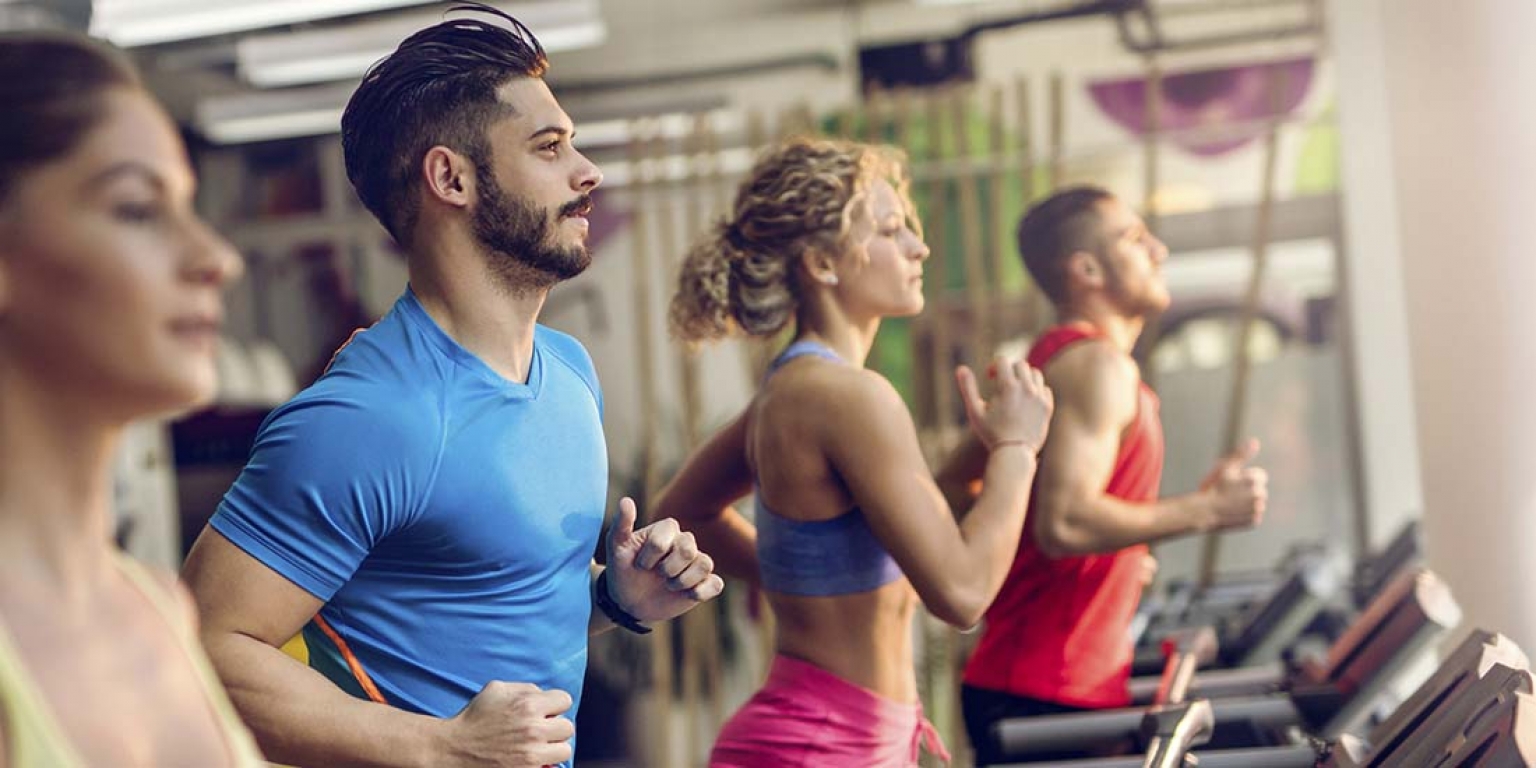

-
‘650 million people are disabled worldwide, a population sector with greater difficulties to access sports practice.’
-
‘Sedentarism is the fourth most important mortality risk factor according to WHO data.’
-
‘Doing physical activity and sports produces physical, psychological and social benefits. In the case of the disabled, it also increases their functional autonomy and reduces hospital stays.’
According to worldwide recommendations regarding physical activity for health, drawn by the World Health Organization (WHO), physical inactivity is the fourth most important mortality risk worldwide (6% of deaths worldwide), which is only exceeded by HBP (13%), smoking (9%) and excess blood sugar (6%). Excess weight and obesity represent 5% of the world’s death rate (1).
The fact of being physically inactive is ever more present in many countries, with considerable repercussion on the general health of the world population in the prevalence of cardiovascular disease, diabetes or cancer; likewise in its risk factors like: HBP, excess blood sugar or excess weight. It is estimated physical inactivity is the main cause of approximately 21–25% of breast and colon cancers; 27% of diabetes and approximately 30% of ischaemic cardiopathies (1).
However, if there is one population sector more susceptible to physical inactivity, it is precisely that group of people with one or several disabilities, which due to different barriers associated with their situation, have greater difficulties to access physical activity and/or sports practice.
It is calculated there are 650 million people today with disabilities worldwide. If on the one hand we consider the increase in world population and the medical advances leading to greater life expectancy on the other, it is quite foreseeable that a percentage of those people will suffer some disability in the future as they get older.
It is precisely as time advance that pathologies or accidents appear which may cause any kind of disability. In other words, all of us on this planet are susceptible to suffering a temporary or permanent disability during one or several moments of our lives.
 Benefits of doing sport
Benefits of doing sport
More and more studies support the benefits derived from physical activity and sports at physical, psychological and social level; yet if we focus on the disabled collective, we find they add other important advantages with a direct impact on their degree of socialization. This is due to the improvement in disabilities on the one hand, while on the other psychological benefits which contribute to their functional readaptation and as such an increase in both functional and social autonomy as a result. Furthermore, there would be a reduction in hospital stays in as such the health cost involved.
Lastly, it should be highlighted the idea that Sports and Physical Activity are social capital generators, since they contribute to the development of social networks due to the inclusive environments where these activities are practised.
Doing Sports and Physical Activity in inclusive environments represents a motor to generate community which is also a highly valid instrument of social cohesion (3).
Taking into account these latter data we should reflect on the real need to foster not only physical activity but also that it be inclusive. To achieve this goal, at GaituzSport we are working to facilitate access to inclusive physical activity and sports for everyone in equal conditions. The fact that all social agents involved themselves to facilitate these good practices to generate shared benefits would indicate we live in an advanced society concerned about all its members.
————————————————————————————–
Bibliography:
- Global health risks: mortality and burden of disease attributable to selected major risks. Geneva, Organización Mundial de la Salud, 2009.
- The global burden of disease: 2004 update. Geneva, Organización Mundial de la Salud, Ginebra, 2008.
- http://femede.es/documentos/Discapacidadv1.pdf


